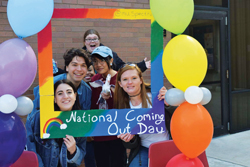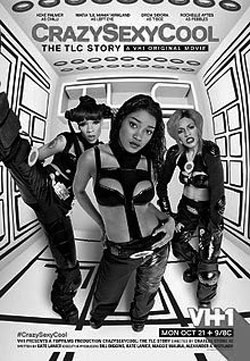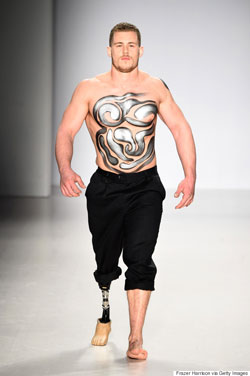It’s the 21st century. America is supposedly more accepting of differences than ever before, so it is only natural that people are curious about the differences they are expected to embrace. To enact this acceptance, high schools across America have started Lesbian, Gay, Bisexual, Transgender, Queer + (LGBTQ+) clubs where, ideally, diversity is celebrated. However, that is not always the case.
At my high school, members of the LGBTQ+ club were obsessed with being politically correct. Every remark seemed to offend them, and correctness regarding pronouns and types of sexuality were expected off the bat. Even something as simple as “why do you like girls/boys?” The immediate response was always an angry outburst, accusing the questioner of preaching intolerance. One would think that a community, which prides itself on acceptance, would be willing to answer such a simple question. Of course, it is tiresome having to justify your sexual orientation over and over again, but think for two seconds about the questioner.
Picture a socially conservative family that raises a child to believe that something is wrong with the LGBTQ+ community. That child will likely attend high school with a gay, bisexual, transsexual, asexual or intersex person. When these two, fundamentally different individuals, finally meet, and the question of “why are you like that?” is posed, taking immediate offense will only exasperate an already tense situation. Realistically, by dismissing a legitimate question from a peer, about sexuality or gender, they are going to leave the conversation with the perception that LGBTQ+ members are elitist.
Furthermore, political correctness seems to create an environment where people are afraid to ask questions. If you know nothing about a certain group of people, it is only natural that the questions asked will be insulting to a certain degree, and when they are met with harshness, attempts to understand and accept will fade.
Obviously, this is just personal speculation, but my concerns are not without merit. Let me provide some personal context; when I began my freshman year of high school, I went to the activities fair and came across our school’s LGBTQ+ club. You see, I’d come out as bisexual to a couple of my friends in band earlier that summer and, frankly, not everyone understood.
I desperately wanted to be a part of something where I would be accepted for me; therefore, I signed up for the LGBTQ+ club. Unfortunately, my experience wasn’t pleasant. I’d never formally dated a girl, which seemed to make my sexual orientation invalid as opposed to someone who was outright gay. Furthermore, I was not familiar with the terminology utilized within the community itself, and I was persecuted for it. I distinctly recall the first meeting I attended, where I was unfamiliar with gender fluidity; I did not understand how one person couldn’t identify fully with being either male or female, which I voiced. Afterwards, I was considered a “fake” and a “poser.” Needless to say, I stopped attending meetings since the atmosphere was aggressive rather than supportive.
This is not to say that political correctness is bad: it is intended as a way of showing respect. However, it is hard to be politically correct in every given situation, especially situations you haven’t had exposure to beforehand. Frankly, political correctness seems to cause more negative discourse than it should. I hope that one day we’ll live in a world where questions can be addressed without fear of reproach due to socially conceived ideas of what should be correct.
However, something that I’ve experienced at Monmouth, is how understanding S.P.E.C.T.R.U.M., the LGBTQ+ club on campus, is regarding newcomers with less understanding of the community. Off the bat, questions about sexual orientation and gender are addressed, and no one leaves meetings feeling dismayed. When someone messes up, the mistake is met with a small smile, and polite correction. The community at MU is more about acceptance and acknowledgement of others feelings, more so than being politically correct for the sake of putting others down.
Lastly, I’d like to establish that I fully support everything LGBTQ+ members stand for, and that my intentions are simply meant to highlight the tension I believe politically correct culture creates between the LGBTQ+ community and people who haven’t been exposed to it.
PHOTO COURTESY of Jane Lai



